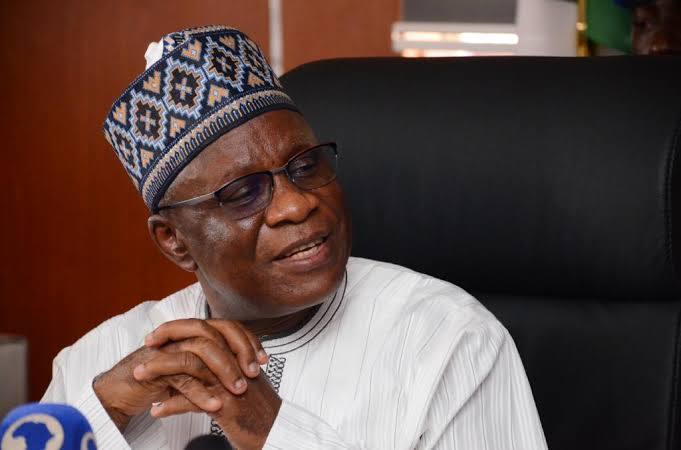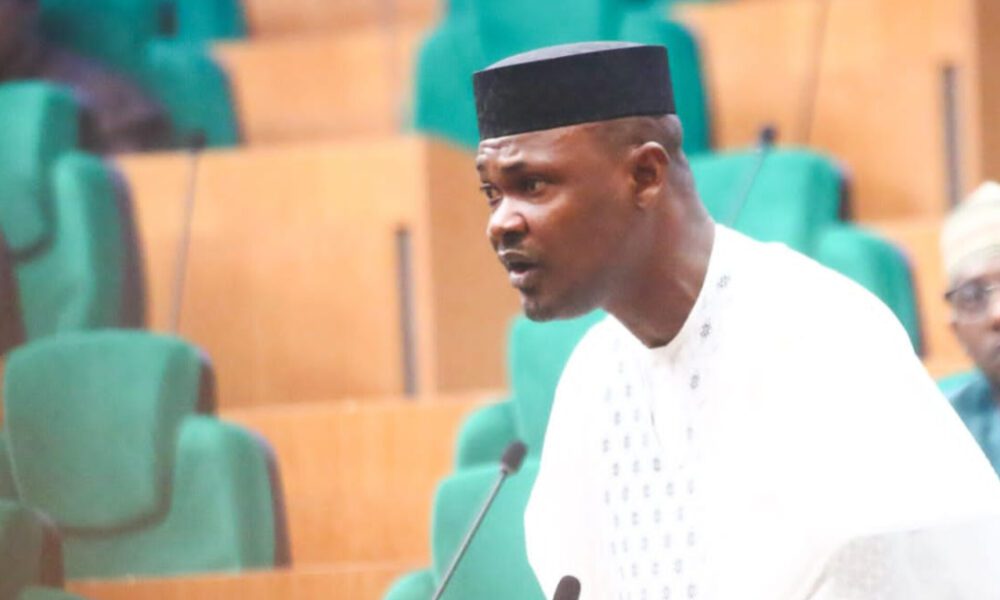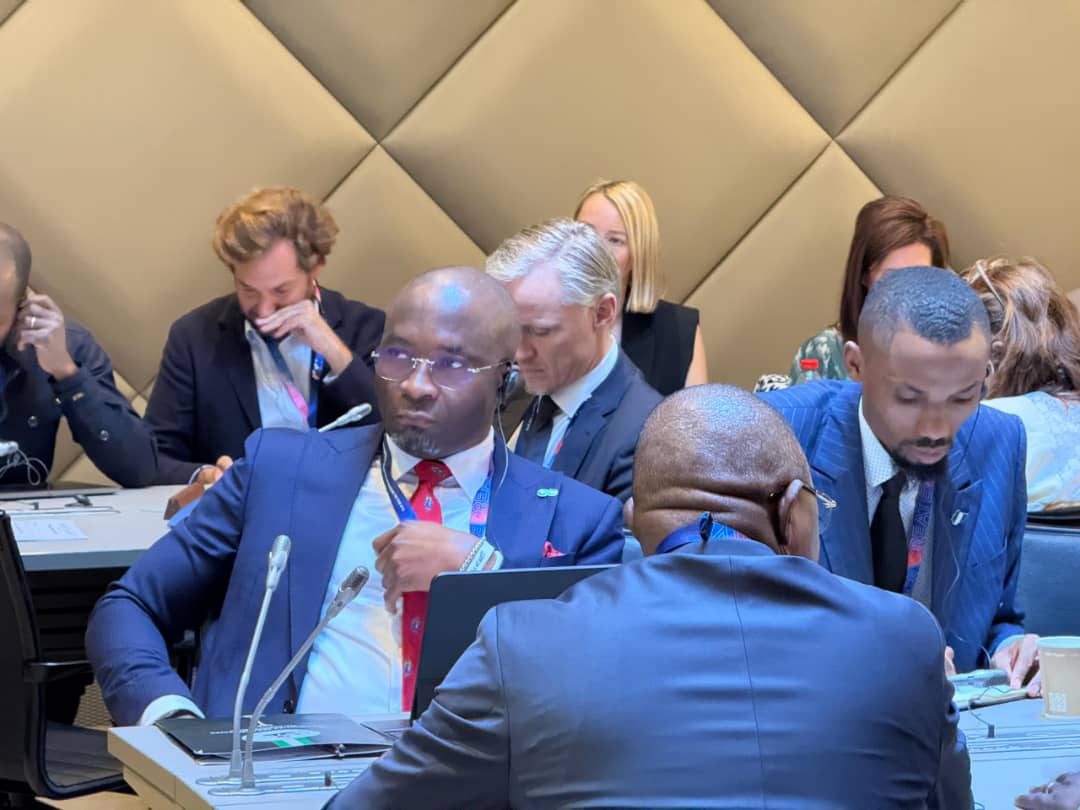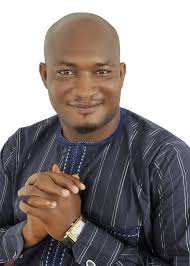***Minister says, N2b reserved for the House Leader’s constituency projects
On Tuesday, the Joint Senate and House of Representatives Committee on Regional Development stirred controversy by barring journalists from a budget defence session with Minister of Regional Development, Abubakar Momoh.
The move, which was to shield the minister from intense scrutiny, followed allegation of a lopsided budget favouring Edo State.
The minister and his Minister of State counterpart, Uba Maigari, had been summoned to present the ministry’s 2024 budget performance and the proposed 2025 budget.
However, the session turned contentious as lawmakers raised concerns over the apparent disregard for federal character principles in the distribution of projects.
During the session, Rep. Matthew Nwogu questioned why 70% of the ministry’s 2024 projects were concentrated in Edo State, leaving other states under the purview of the defunct Niger Delta Development Commission with little to no allocation.
“Mr. Minister, tell us why most of the 2024 budget projects are situated in Edo State?” Nwogu demanded.
Rep. Chinedu Ogar re echoed the sentiment, challenging the minister to explain why the proposed 2025 budget showed a similar pattern, with 70% of projects also earmarked for Edo State.
The committee chairman, Rep. Eugene Okechukwu, attempted to defuse the tension by moving to an executive session, barring journalists from the proceedings.
“We have to be mindful that press men are here. Let us go into an executive session to address these concerns,” Okechukwu said. The media was then excused, leaving the lawmakers to deliberate behind closed doors.

In his presentation, Minister Momoh revealed that the ministry’s proposed 2025 budget stood at N28.9 billion, with N24 billion allocated for capital projects, N2.7 billion for personnel costs, and N1.6 billion for recurrent expenditures. However, he disclosed that N2 billion of the proposed budget was reserved for constituency projects in the district of the House of Representatives Leader, Prof. Julius Ihonvbere, who also hails from Edo State.
This revelation further fueled suspicions that the ministry’s resources disproportionately favoured one state over the developmental needs of others.
Defending the budget allocation, Minister Momoh lamented that the N28.9 billion budget was grossly inadequate to address the vast developmental needs of the five regional development commissions under the ministry. He cited challenges such as abandoned projects, delays in completion, and poor performance due to insufficient funding.
The minister appealed to the committee to increase the ministry’s budget, emphasizing the critical need to address regional disparities effectively.
The session left many lawmakers and observers questioning whether the Ministry of Regional Development, meant to address issues across multiple regions, had become a tool for advancing the interests of a single state. With 70% of projects concentrated in Edo State, the perception of favoritism risks undermining the ministry’s credibility and its mandate to promote equitable regional growth.
As the closed-door session concluded, the broader public remains in the dark about the committee’s findings and the minister’s justification for the skewed allocations. The incident raises pressing questions about transparency, accountability, and the true beneficiaries of the ministry’s budgetary decisions.




